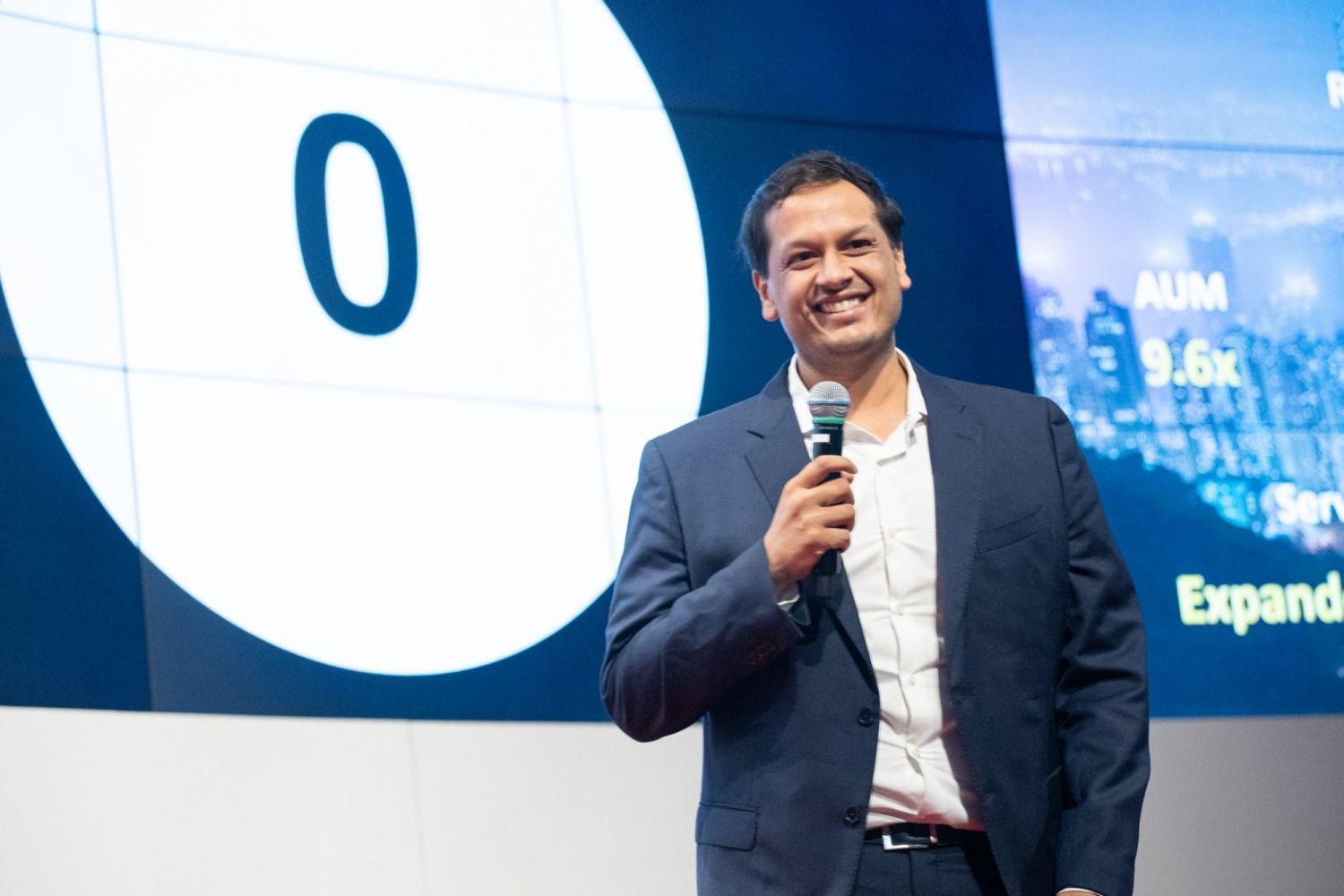In the second edition of Tatler’s Secrets of Success series—an all-access pass to the city’s most notable business magnates and entrepreneurs—Manav Gupta talks about empowering business owners for a more sustainable future and how his company, Brinc, is on a quest to make a difference in the world
Manav Gupta, founder of conscious venture capitalist firm, Brinc, has had a great start to 2022. Last month, the company announced a US$130 million investment from Asia’s Most Influential honouree Yat Siu of Animoca Brands, which will support their growth and efforts to fund game-changing founders in the realm of food, health, energy, climate and tech.
Since 2014, Brinc has aided over 200 startups and currently has seven offices around the world, but Gupta is just getting started. He tells Tatler about putting his money where his mouth is by creating company initiatives that hold him and his team accountable for driving real change, explains Brinc’s five-year-plan to invest in climate conscious businesses, and on a personal level, why he lives his life by one Japanese concept.
Describe what you do in one sentence.
We empower founders to accelerate humanity’s transition to a more sustainable, inclusive and equitable future.
How does your business make a difference?
We empower thousands of founders and invest in hundreds of companies a year to help solve some of the world’s largest challenges. These include those that develop better quality alternative food products and transform inefficient and unjust food systems. Founders are supported through three-month accelerator programmes that deliver value through a balance of educational modules, expert mentors and corporate partner access, as well as capital. We believe that a group of founders all tackling a problem through different angles can drive real change and impact.
Beyond the impact driven through our investments, we also have two core internal initiatives:
1. We don’t allow expenses for meat meals. This allows Brinc and our team members to vote with our wallets. If we are with partners and clients, there are more plant-based meals consumed when Brinc is paying. Every meal does really make a difference and I believe every action does matter.
2. We work with [social enterprise and non-profit organisation] B1G1, a platform where every activity from our work at Brinc triggers an action. This allows us to feel that the work we do every day contributes to something bigger than ourselves. B1G1 operates a membership model and does not take a cut of the pledges given. It has vetted more than 500 high-impact causes and ensures that 100 per cent of the money we give based on the actions we set go towards the end project.
Here are some examples: when we make a new investment into a start-up, we provide ten medical treatments for people in need and provide 30 days of shelter to rescued animals. Every time a contact is added to the CRM we provide ten days of clean water to people in the world. When a major investment partnership is secured, we provide four small loans for families in Asia to grow their business. On every Brinc employee’s birthday, we plant 20 trees to try to offset their carbon footprint for the year.
